|
“May the words of my mouth and the meditation of our hearts be acceptable to you, O Lord, my rock and my redeemer.” (Ps 19:14) Today’s Gospel tells us about the beginning of Jesus’ public ministry. This is the Jesus we know. Before this point, Jesus is mostly hidden. Now He starts to peak out at us from history. Now we can share in the stories that were told about Him among the earliest generations of believers. I was at a meeting in January. The holidays were just over. We were sitting around our dining room table. We were all mostly in my age vicinity. And there was talk about becoming the senior generation in our families. Parents had passed and we had taken their spots. An old New England Yankee and an African-American woman both shared the news that they had become the keepers of their family stories as they gathered for Christmas celebrations. Younger family members turned to them to hear about the old days. Something similar happens with the Gospel stories. We’re not told first person accounts in the Gospels. The generation that witnessed Jesus, they preached. They didn’t write. They told stories about Jesus. And those stories became sacred. We can see this playing out when we look at Paul’s Letters as an example of those first-generation Christian leaders. One of the members in Corinth is a woman church-leader by the name of Chloe. She warns Paul in a letter that divisions are forming in the community. Paul writes back to the church to deal with the problem. What we don’t see written are Paul’s stories about Jesus. Paul, of course, preached Jesus to all of these cities and towns around the Mediterranean. What he preached, built those churches, but we don’t have any record of what he said because he didn’t write, he preached - in person. That’s what those first-generation Christian leaders did. They preached. That’s what Linda read for us from Paul: “For Christ did not send me to baptize but to proclaim the gospel ...” This is why the first Gospel wasn’t written until about 40 years after the life of Jesus. Second and third generation Christians were worried that the stories would be lost. That no one would be able to sit down and tell them any longer. So they put quill to parchment and they began to write down the stories they had heard about Jesus. Their intention, however, was still to preach. They weren’t only telling stories about fishing in Russell or sitting around a dining room table to share facts. They were telling these stories to introduce people to Jesus. This is why it isn’t as important that there are differences among the Gospels. What’s important is why they tell their stories. If you were here last Sunday, you may remember that Andrew was the first called disciple in John’s Gospel. He was standing beside John the Baptist and when the Baptist pointed to Jesus as the Son of God and the Lamb of God, Andrew started to follow Jesus. That is most definitely not the story we heard just minutes ago from Matthew. It doesn’t mean one is right and the other wrong. It means they’re telling different stories for different reasons. This is where the truth of the Gospels lies. It’s in their message. Paul, in today’s reading, calls this message the “power of God.” We see this “power of God” at work in today’s Gospel story of the calling of the two sets of brothers: Peter and Andrew, and James and John. At this point in Matthew’s Gospel, all we know is that Jesus has returned to Galilee from His time with John the Baptist. But Jesus doesn’t return home to Nazareth. He is no longer the carpenter. Instead, Jesus relocates to Capernaum, a small fishing village at the northern end of the Sea of Galilee. This probably means that Jesus knows no one and no one knows Him. And He starts to talk. No other signs of power beside His presence and His words. He walks along the shore. There must have been many people out working that day, but the story tells us that Jesus approaches only two sets of brothers in particular and for reasons only known to Jesus. Then something unexplainable happens. Jesus asks them to follow Him – and they do. Think about this. A stranger walks by and says, “Follow me,” and the story tells us they did. Why in the world would they? Yet they leave everything behind and follow Jesus. At least when John told this story, as we heard last Sunday, Andrew was looking for something. He was already out in the desert with John the Baptist. But today, the two sets of brothers are at work, like they are every day except the Sabbath. Why did they leave everything and follow Jesus? Well, the simple answer is we don’t know, but the story gets us thinking. We heard Paul say today that the message is “foolishness” to some, but that same message is “the power of God” to others. There had to be something shared that was more powerful than only the words themselves, and the same must be true about the sacred stories that continue to ask us still to get ready to allow ourselves to be interrupted by God. (Dietrich Bonhoeffer) Today we didn’t only hear a story about Peter and Andrew, James and John, we heard a story meant just for us, just for you and for me. Will we follow Jesus? Will we let our lives be interrupted by Jesus? In other words, will we let Him make a difference in how we live? [American philosopher William James - we have to experience the religious revelation directly.] We started off this morning’s worship Service with a moment of silence for the victims of the Holocaust. The example is extreme, but there were a lot of Christians who helped or tolerated the Holocaust. They may have gone to church on Sunday and then watched the trains arrive in Auschwitz on Monday, unloading thousands of people, but no trains ever leaving with people. But they did nothing. Church and Christ were confined to a box on Sunday mornings.
Let’s finish our Service with the prayer that we will hear Jesus’ invitation to follow Him, that we will let Him interrupt and even change our lives, and that these stories we continue to share will fill us with the “power of God” so that we live as church not only in this building on Sunday mornings, but every day in every way. For this may we pray in Jesus’ name. Amen.
0 Comments
For larger print text or to download, click the PDF file below.
Monday marks the 75th anniversary of the liberation of the Auschwitz concentration camp. Today world leaders are gathered in Israel to remember this somber anniversary.
At the 3-minute mark in the linked video, we hear: "The Holocaust was caused by people. It wasn't a cosmic event, and it wasn't monsters. It was human beings who were motivated by ideas more than anything else." https://www.cnn.com/videos/world/2020/01/23/holocaust-remembrance-day-75th-anniversary-yad-vashem-jerusalem-sidner-pkg-intl-ldn-vpx.cnn/video/playlists/intl-stories-worth-watching/ As church we have an important connection with people and ideas. On Sunday we will pause and remember the human depravity of Auschwitz and also the continuing Antisemitism that is on the rise in our world, and in our nation. Hopefully, when enough of us share the message of the universal, human family we can help protect ourselves from this sort of evil. Rev. Randy Today is the national holiday of Martin Luther King Day, but this is one of those peculiar holidays where it seems out of place to say "Happy MLK Day." Why?
I think it's because he was a martyr whose life was dedicated to but also sacrificed for the truest of American ideals that all people are created equal. I think it's because his battle continues. Prejudice seems more acceptable today than I can ever remember. There are changes taking place, however. I hope that this renewed prejudice is the last gasp of a dying hatred. I am proud that it is REVEREND MLK. I am proud that his faith inspired his activism, idealism and pacifism. I am proud that he saw church in worship within sanctuaries, and also in the streets where there was no sanctuary. "Happy" or not, let us honour Martin Luther King Day as something much more than a three-day weekend. Rev. Randy “May the words of my mouth and the meditation of our hearts be acceptable to you, O Lord, my rock and my redeemer.” (Ps 19:14) A while back I was reading an article about a family on a ski-trip in Maine. The family had been skiing all day and were starting to drive back to their hotel. The father typed in the address of their lodging and off they went trusting their adventure to the handy guidance system in the car. He probably did what a lot of us do. He chose the “quickest route” option. Doing what it was told, the GPS was ready to send this guy down a logging road because it was the most direct route between the slopes and the hotel. I wish it wasn’t the father, but it was. They all saw the signs that warned the logging road was closed for the winter, but the father disregarded the signs and figured that it didn’t look all that bad. You already know what happened. Deep into the Maine woods they got stuck. The father had a choice to make while driving. What was he going to follow? The GPS that promised the quickest way back, or was he going to follow the directions on the sign that warned the road was closed? He had probably already committed himself to the GPS by the time he saw the sign about the road closure. He’d have to backtrack who knows how far to get to an alternate route. He chose the “quickest route” option on the GPS, and backtracking would be just the opposite. So he chose to keep the course that he had already invested in rather than make a change. All right. Now let’s go to this morning’s Gospel. This is a different baptism story than the one we heard last Sunday, and if you want to talk more about that, think about coming to Bible study tomorrow evening. But for now, let’s just stick to the way John tells it. We’re again out with John the Baptist in the wilderness around the Jordan River. One day John sees Jesus and praises Him as the “Lamb of God” and the “Son of God.” The next day the same thing happens again. Hearing this for the second time, two of John’s disciples make the difficult choice to change course and follow Jesus. I don’t know how closely you were paying attention to the Gospel reading, but there were two of John’s followers who decided to change course and follow Jesus. One is Andrew and the other is left unnamed. John the Evangelist does this on purpose. He didn’t forget the name. He intentionally leaves the other disciple unnamed because we here are that other unnamed disciple. This happens throughout his Gospel. John isn’t sharing with us a history of somebody else’s story. He’s telling us our story of choice. Will we choose to follow the timeless Jesus or will we stick to the course told to us? There are many warning signs posted that the way of the world is a dangerous drive. All we need to do is pay attention. Sometimes the violence, greed and lack of compassion get so bad I have to take a break from the news. It’s too depressing and bleak. Every Communion Sunday, on the other hand, we share in a prayer of thanksgiving when we say together: “For the vision of the day when sharing by all will mean scarcity for none.” That is pure gospel, pure good news. This is why it is shared around the Communion Table. Even if we’re only slightly familiar with the New Testament, this prayer sounds like Jesus. Today is the Sunday within the Week of Prayer for Christian Unity. Every year at this time Christians and their churches are asked to pray for unity. Unity is not the same as uniformity. We don’t all have to be the same, but we all need to respect each other as one in Christ.
Remember when I mentioned that John’s Gospel-story of Jesus’ baptism is not the same as the one we shared last week from Matthew. There have been differences in our faith ever since there was our faith, but those differences didn’t separate us. One Gospel follows another in the New Testament. They see Jesus differently, but they stand together. That’s what Christian unity is all about. The theme of this year’s Week of Prayer is drawn from the last chapter of the Acts of the Apostles. Paul is being transported by sea to Rome to there stand trial for his faith. During the voyage, he is shipwrecked in a storm and the survivors wash up on the shores of the island of Malta. The people there show these strangers “unusual kindness,” and that New Testament passage has been chosen as the overall theme of the Week of Prayer for Christian Unity because in our world today, all of the different Christian churches of the World Council of Churches agree, kindness is unusual. There is a mean-spiritedness that abounds. Separation and division are the ways of the world. Kindness is unusual. Jesus, though, is another route. Following Jesus is asking us to show “unusual kindness.” It’s our choice which road to follow: the world’s or Jesus. Just like that unnamed disciple, who is us really, we have a choice to make. Do we continue to follow the course told to us or do we choose to take another route and turn around and follow Jesus? Remember what Amy read for us from First Corinthians: “[We] are called to be saints, together with all those who in every place call on the name of our Lord Jesus Christ, both their Lord and ours.” We’re all called to be saints, and it’s all about the choices we make every day on what road to follow. May we, like that unnamed disciple, choose to follow Jesus, and a big part of this is to embrace “unusual kindness.” In His name we pray. Amen. "Back from the Brink" |
NewsFaith, love and chitchat. Categories
All
Archives
June 2024
Follow
|
||||||
|
SERVICE TIMES
Sunday 9:30-10:30am Children Sunday School 9:30-10:30am Nursery care available during worship DONATE Make a single or recurring contribution by clicking here |
FOLLOW
|
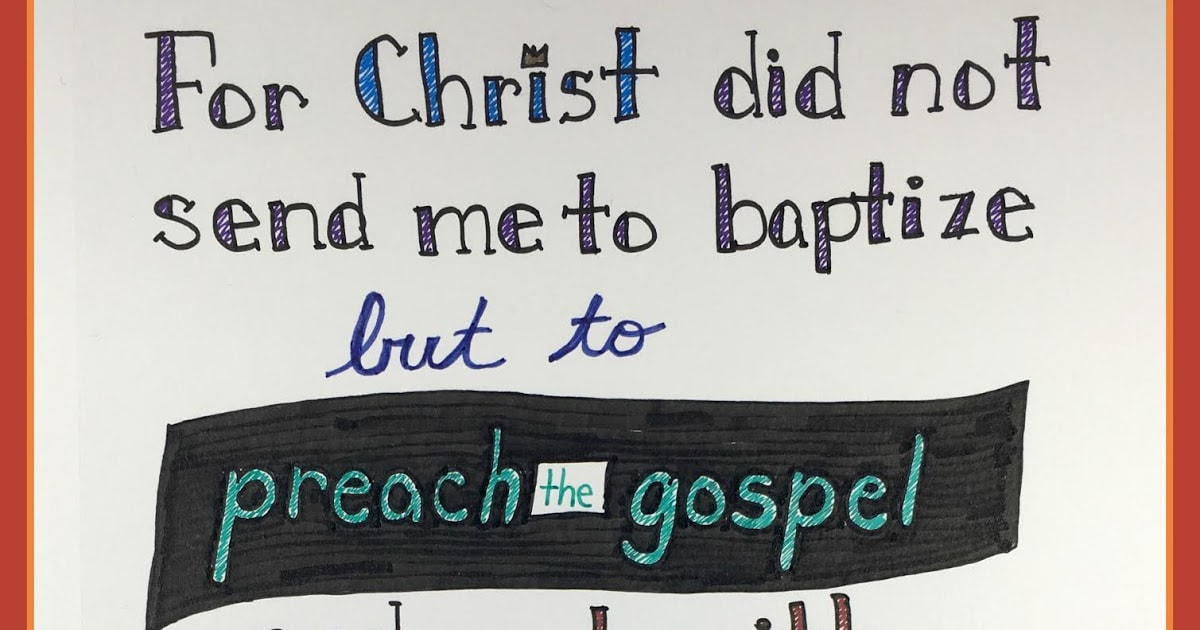
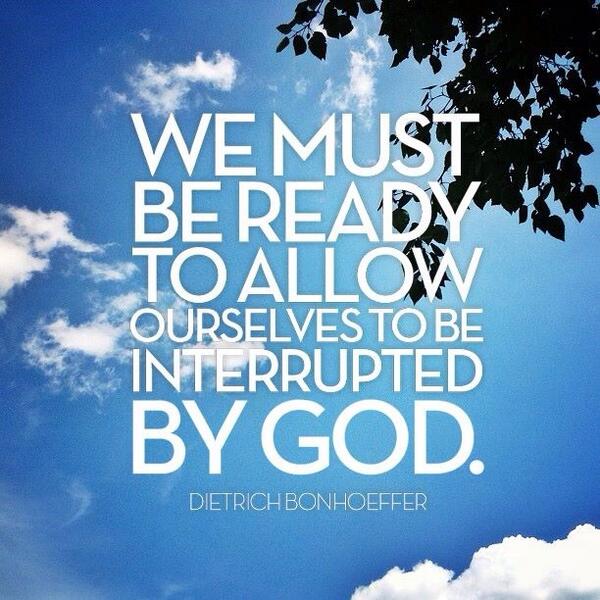
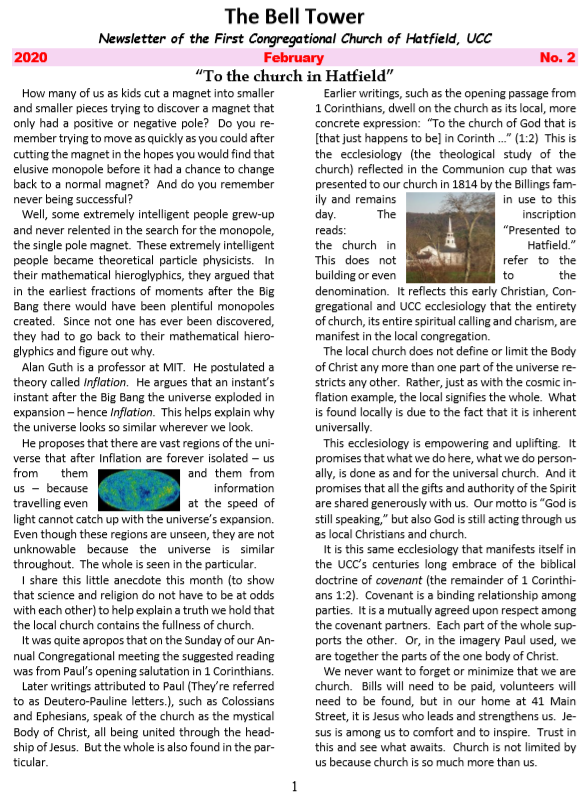
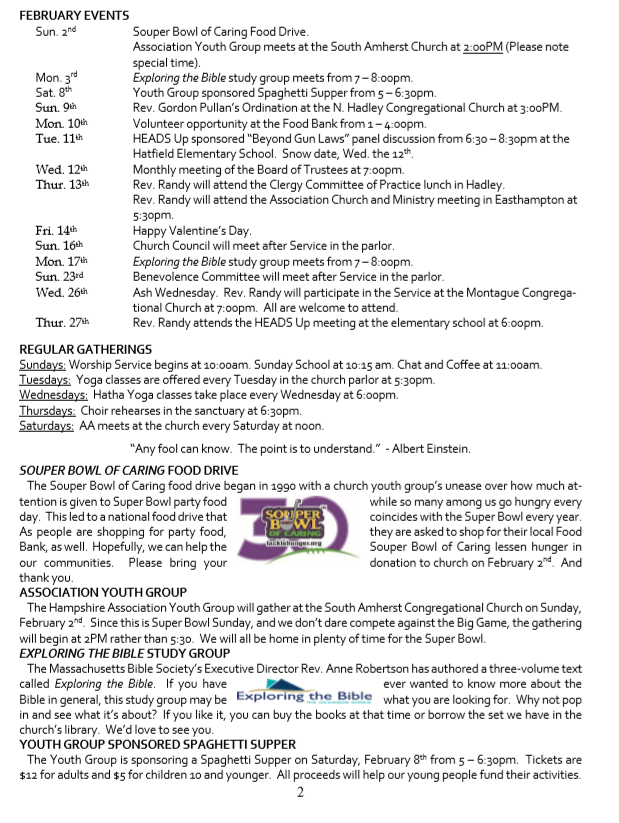
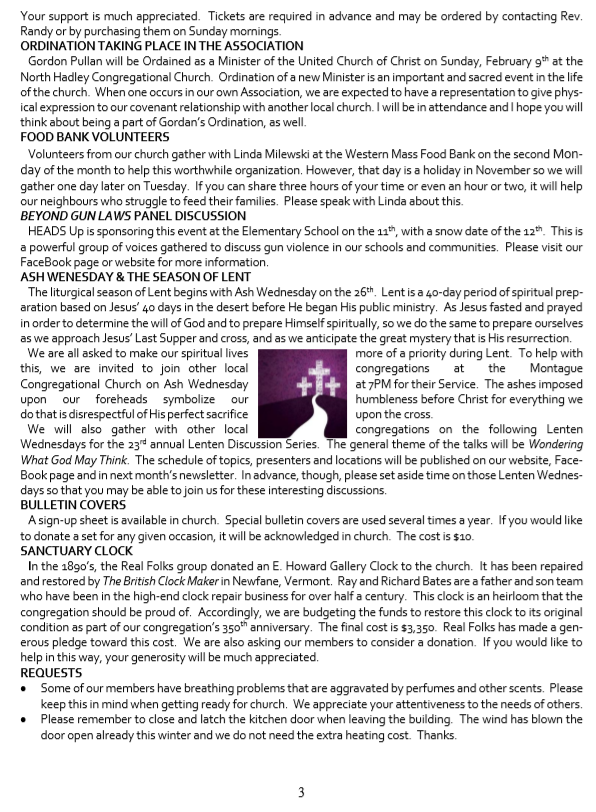

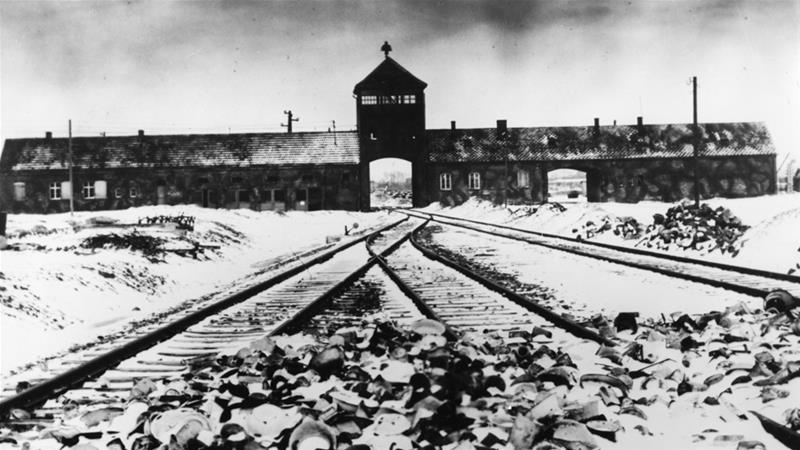
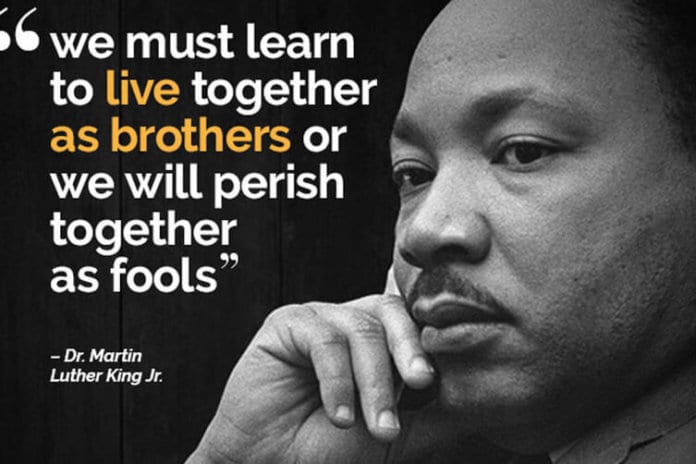
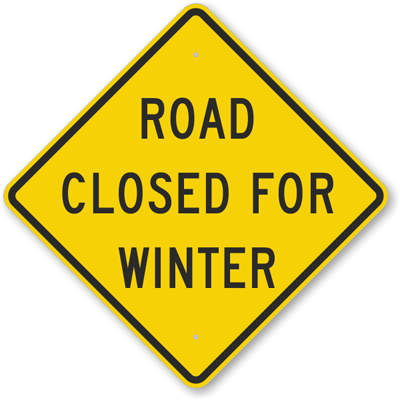
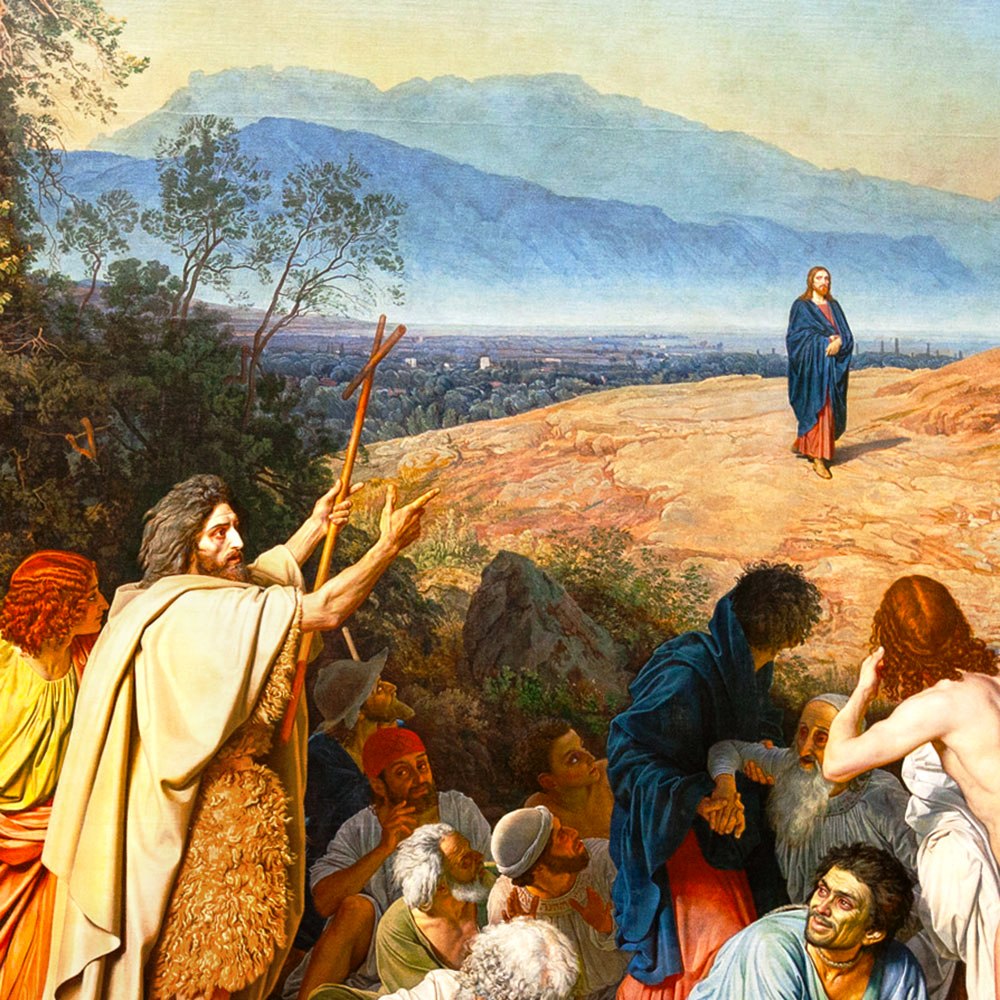


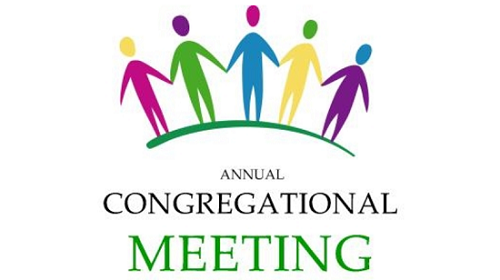

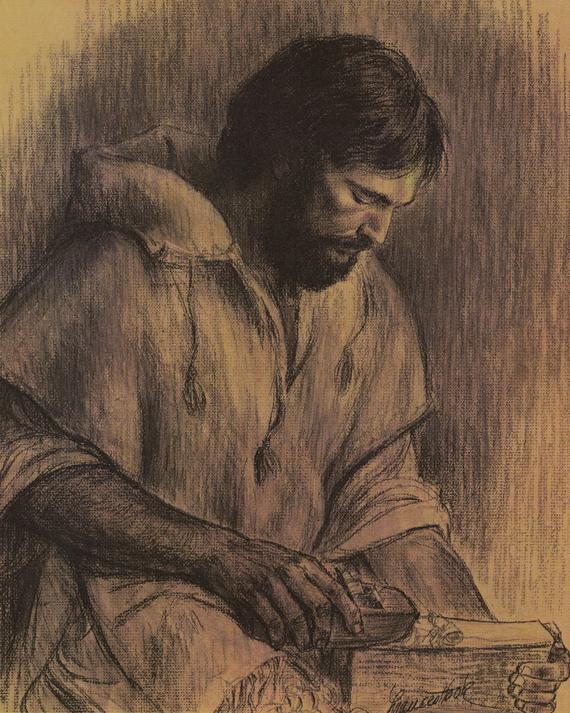
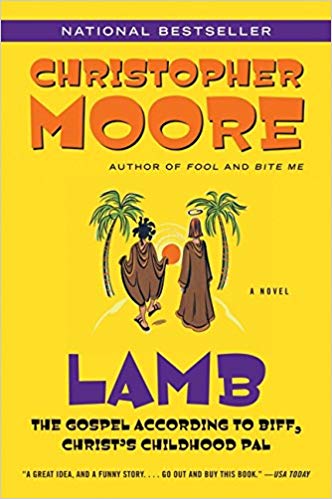
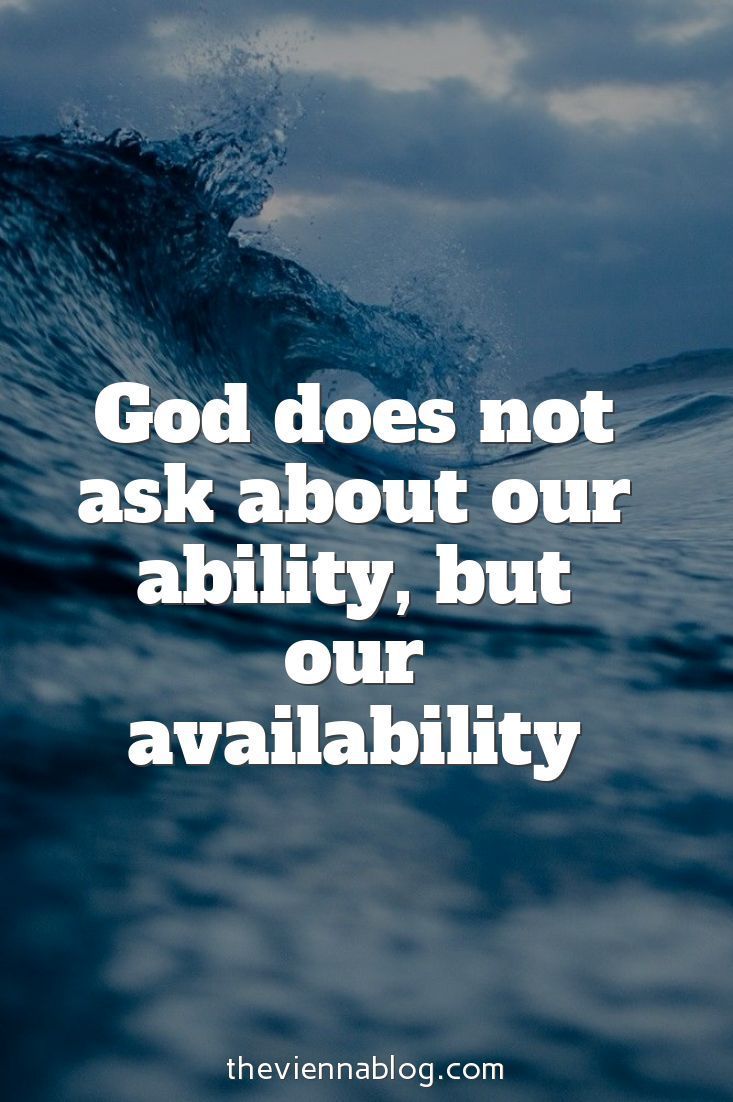
 RSS Feed
RSS Feed
